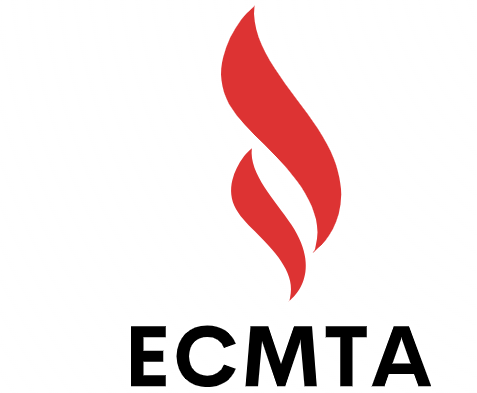In the competitive world of eCommerce, driving traffic and increasing sales can be challenging. One effective strategy that has gained popularity is affiliate marketing. Affiliate marketing allows merchants to partner with affiliates (individuals or companies) who promote their products in exchange for a commission on the sales they generate. This performance-based marketing model can help eCommerce businesses expand their reach, increase brand awareness, and boost sales without the upfront costs associated with traditional advertising.
In this article, we’ll explore how eCommerce merchants can successfully utilize affiliate marketing to grow their business.

Understand the Basics of Affiliate Marketing
Before diving into how to use affiliate marketing effectively, it’s essential to understand its core components. At its simplest, affiliate marketing works by connecting merchants with third-party marketers (affiliates) who help promote the business in exchange for a commission.
Key Components of Affiliate Marketing:
- Affiliate (Publisher): The individual or company that promotes your products and drives traffic to your store.
- Merchant (Advertiser): The eCommerce store or business that offers the product and pays the affiliate for sales or leads.
- Affiliate Network: The platform or intermediary that facilitates the relationship between merchants and affiliates, tracks performance, and processes payments.
- Commission: The payment structure, often a percentage of the sale, that affiliates earn for driving sales or leads to the merchant’s website.
Choose the Right Affiliate Program
For eCommerce merchants, the success of affiliate marketing depends on selecting the right type of affiliate program. There are several models to choose from, each offering different levels of control and flexibility.
Types of Affiliate Programs:
- Pay-per-Sale (PPS): The affiliate earns a commission when the referred customer makes a purchase. This is the most common model for eCommerce merchants.
- Pay-per-Click (PPC): Affiliates earn a fee for each click they generate on the merchant’s website, regardless of whether a sale occurs.
- Pay-per-Lead (PPL): Affiliates receive a commission when a referred visitor completes a specific action, such as signing up for a newsletter or filling out a contact form.
Why It’s Important:
For most eCommerce businesses, a pay-per-sale model is ideal because it ties affiliate compensation directly to sales, ensuring that you only pay for actual conversions. However, in some cases, you may also benefit from combining different models to target a wider audience or specific actions.
Select the Right Affiliates
Choosing the right affiliates is crucial to ensuring the success of your affiliate marketing campaign. Ideally, your affiliates should align with your brand and target audience, and they should have a solid online presence, whether on their website, blog, or social media channels.
Tips for Selecting Affiliates:
- Relevant Audience: Look for affiliates whose followers or audience align with your target market. For example, if you sell fitness products, influencers in the health and wellness niche would be ideal partners.
- Engaged Audience: Quality matters more than quantity. Affiliates with highly engaged and loyal audiences are often more effective than those with a large but less engaged following.
- Established Track Record: Choose affiliates who have experience and a proven ability to drive sales or leads. Look for affiliates with a history of successful marketing campaigns or strong online engagement.
- Content Quality: Evaluate the quality of the affiliate’s content. Affiliates who produce high-quality, authentic content are more likely to inspire trust and drive sales.
Why It’s Important:
Choosing the right affiliates ensures that your products reach the right audience and that the promotions are credible and effective, ultimately leading to higher conversion rates.
Create Compelling Affiliate Offers and Incentives
To attract affiliates and motivate them to actively promote your products, you need to offer attractive incentives. Affiliates are more likely to put in the effort if they see the potential for significant earnings.
How to Create Compelling Affiliate Offers:
- Competitive Commission Rates: Offer commissions that are competitive within your industry. A typical affiliate commission for eCommerce businesses ranges from 5% to 30%, depending on the product category.
- Bonuses and Performance Incentives: In addition to standard commissions, consider offering performance-based bonuses. For example, offer higher commissions for affiliates who generate more than a certain number of sales or hits.
- Exclusive Promotions: Provide affiliates with exclusive discounts, coupons, or offers that they can share with their audience. This creates a sense of exclusivity and adds value to their promotion.
- Free Products or Samples: Send your affiliates free products to review and promote, which can enhance the authenticity of their promotion and encourage their audience to purchase.




